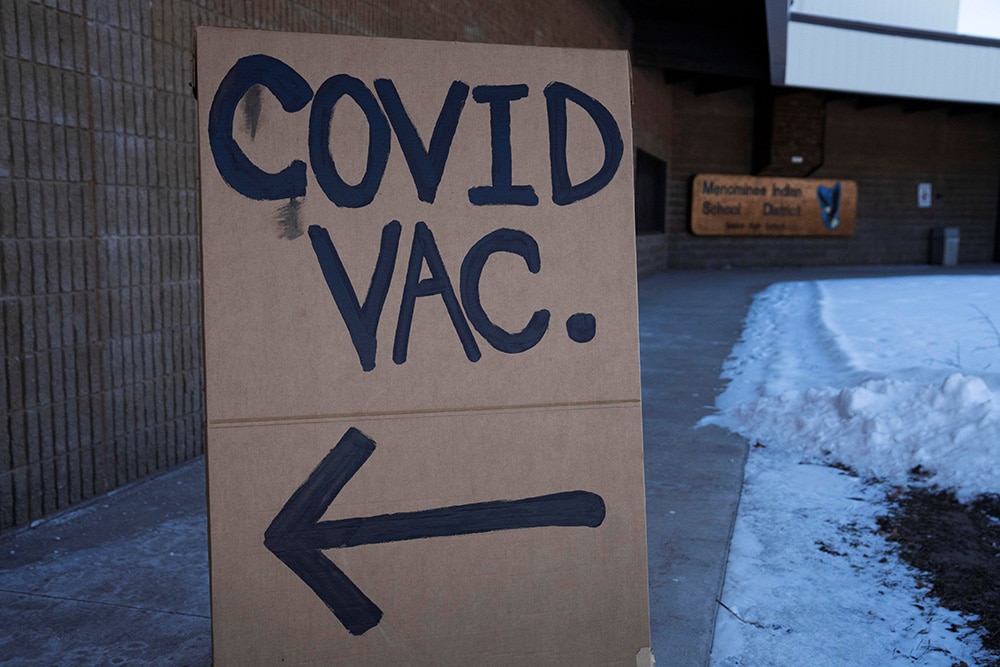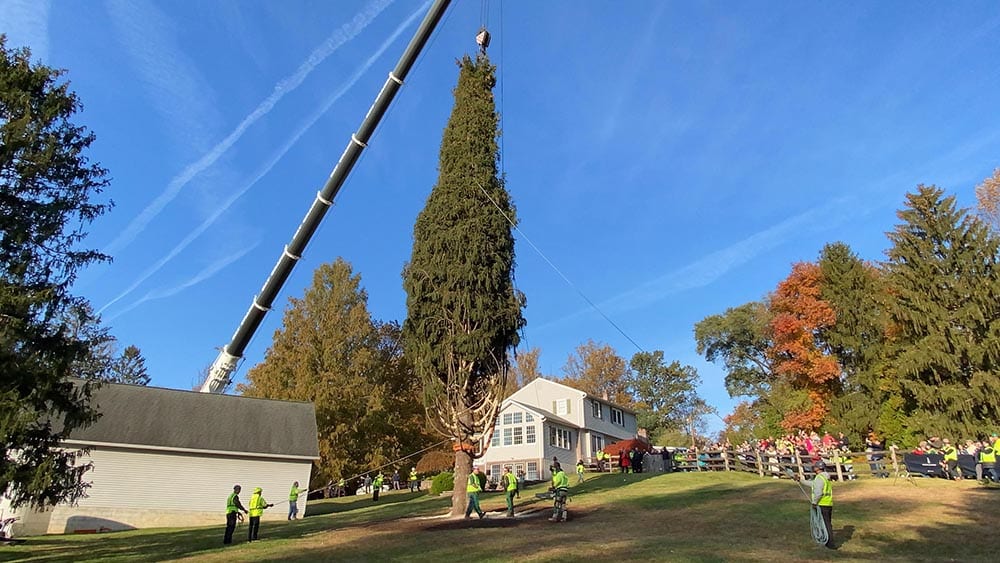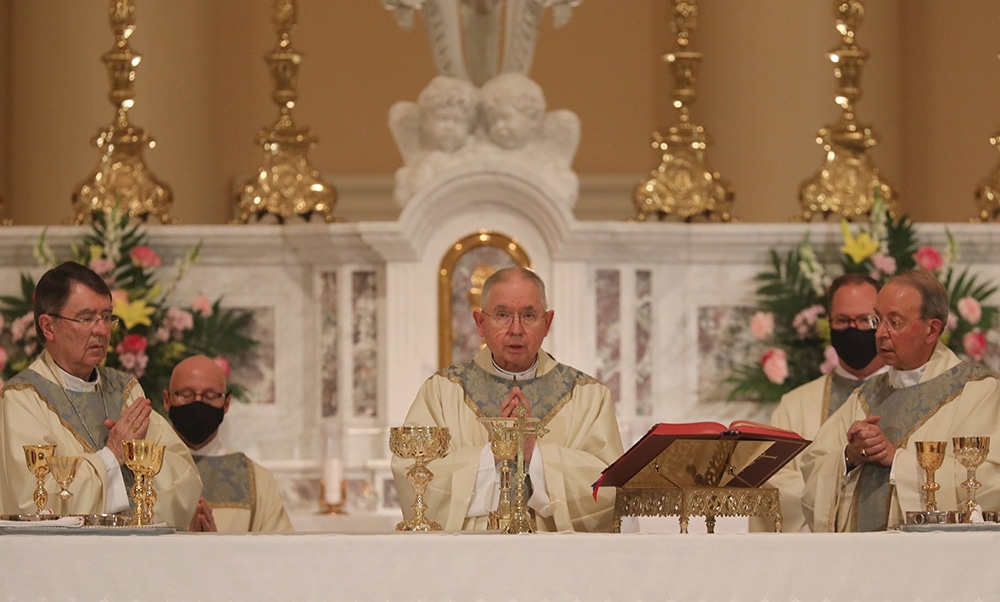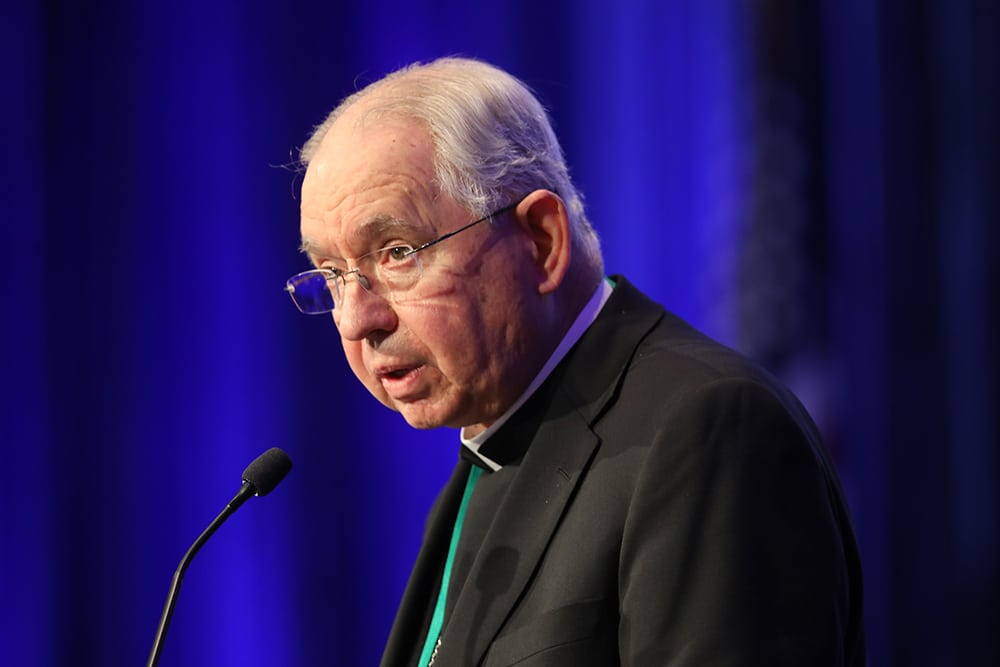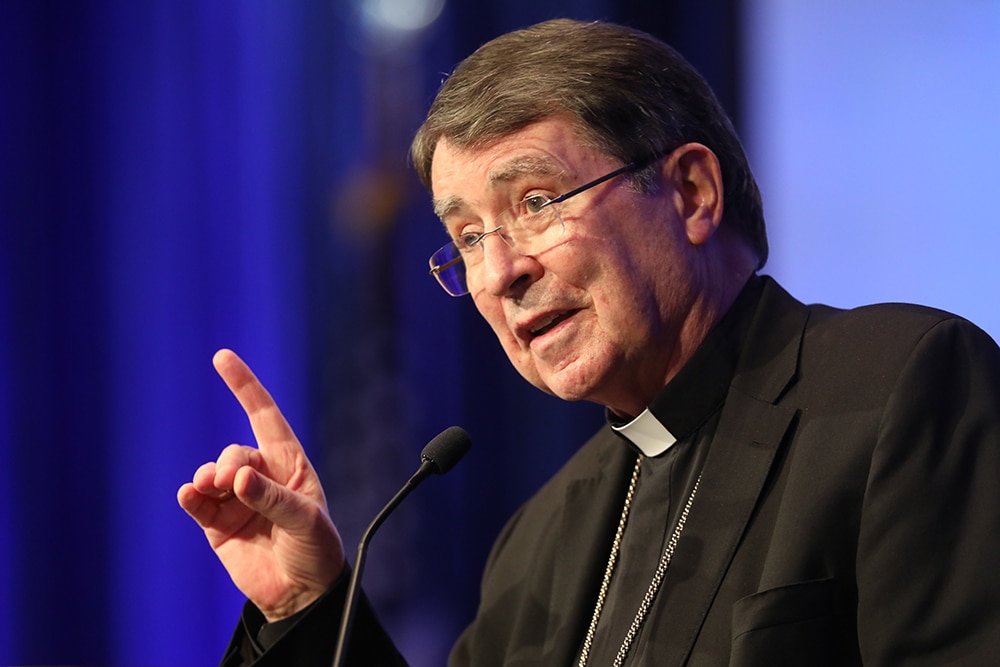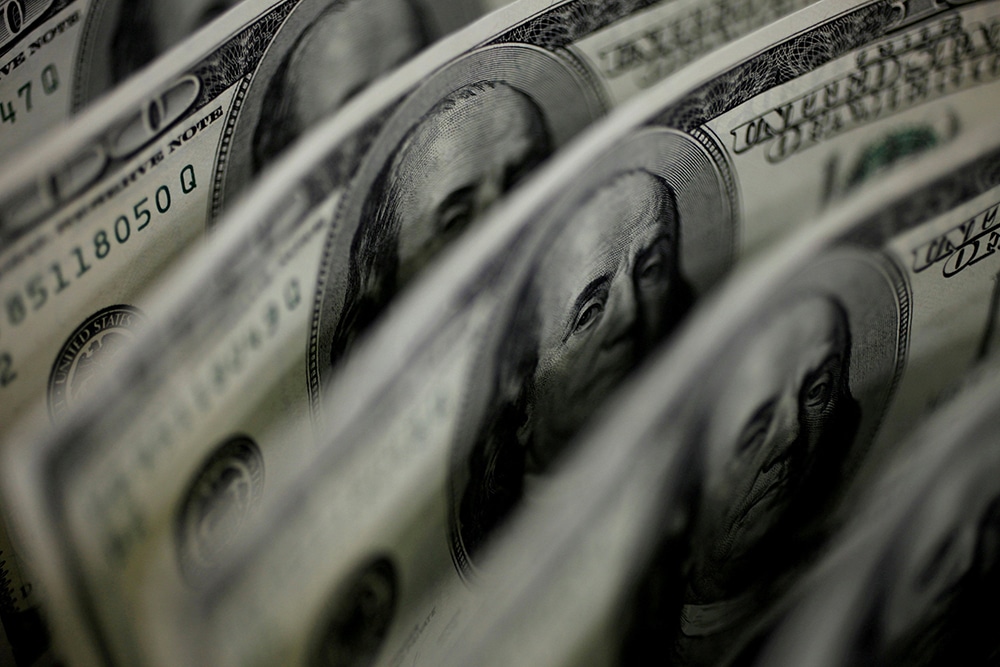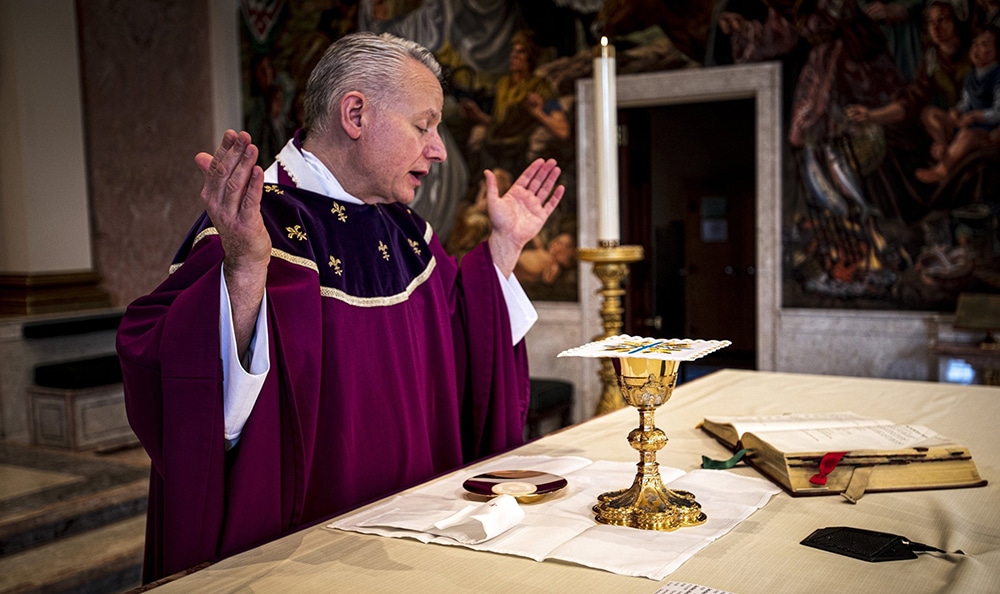MADISON, Wis. (CNS) — The decision for parishes and other diocesan entities within the Diocese of Madison not to host onsite COVID-19 vaccination clinics for children “is not about condemning or discouraging vaccination,” the diocese said in a Nov. 12 statement.
The statement followed criticism in the secular media and social media posts by Jesuit Father James Martin and others who characterized the diocese’s decision as being “anti-life.”
“When there are more than enough facilities to offer vaccinations throughout the diocese, choosing not to host vaccination clinics does not equate to being ‘anti-life,'” the diocese said.
Madison Bishop Donald J. Hying “has given guidance on the moral dimensions of the vaccine, and he has even encouraged its reception, alongside his brother bishops in the state of Wisconsin,” the diocese said.
“He has never discouraged reception of the vaccine. However, this is not a decision that involves either an absolute moral imperative or an intrinsic moral evil,” it said.
This decision “should be made by individuals and parents with a well-formed conscience as to what is appropriate for their own circumstances, weighing carefully the medical and moral facts and the potential risks versus the hoped-for benefits,” the diocese said.
The Madison Diocese reissued its original statement in full in response to Father Reese’s and others’ “uncharitable posts” spurred, it said, by partial quotes from the statement in news reports and on social media.
“Diocesan locations, parishes and parochial school sites will not serve as locations for COVID-19 vaccinations, nor will they sponsor vaccination distribution offsite. This should not be in any way interpreted as the local Catholic Church or her leadership discouraging vaccinations,” the first statement said.
“As we have stated repeatedly, it is morally permissible to receive the COVID-19 vaccination in good conscience, but there are also valid reasons, including reasons of conscience, why people might decide not to be vaccinated or have their children vaccinated,” it continued.
“Every individual, and now every family, must make a prudential judgment about whether COVID-19 vaccination is appropriate for their own circumstances, weighing carefully the medical and moral facts, and the potential risks versus hoped-for benefits,” it said.
“Given that, by all indications, plenty of secular sites are already available in all 11 counties of the diocese, the diocese has not and will not wade into the polarizing and political environment surrounding this issue, especially as it could potentially pressure individuals to act against their consciences. If any parish has hosted a clinic, it is news to us,” it said.
The diocesan statement also noted it had no information “as to who has contacted our parishes or schools with regard to hosting clinics, only that our guidance has been consistently that of neutrality, as there are sufficient resources throughout the area.”
“As for the other almost 200 dioceses in the United States, you’ll find there is a wide variance of guidelines, practices and allowances on this issue as well as countless others,” it added.
In its Nov. 12 statement, the Madison Diocese said that “apart from the moral and medical dimensions of this decision” on whether to get a vaccine, “the issue has become bitterly divisive.”
It reiterated the earlier statement’s point that “there are already ample vaccination sites within the 11 counties of the diocese.”
“Bishop Hying has decided that it would be best for parishes and other diocesan entities not to host vaccine clinics. This is what is missing from some of the reporting and commentary about the Diocese of Madison’s decision not to host child vaccination clinics,” the diocese said.
Choosing not to host vaccination clinics at Catholic sites, it explained, “avoids the appearance of unequivocal moral endorsement while also respecting individuals’ and parents’ ability to make a decision based on their legitimate weighing of the medical and moral concerns involved.”
“For Father Martin and other critics to attack this decision of the bishop and characterize it as anti-life is at best a case of rash judgment, especially considering they did not have the decency to contact him first,” the diocese said.

